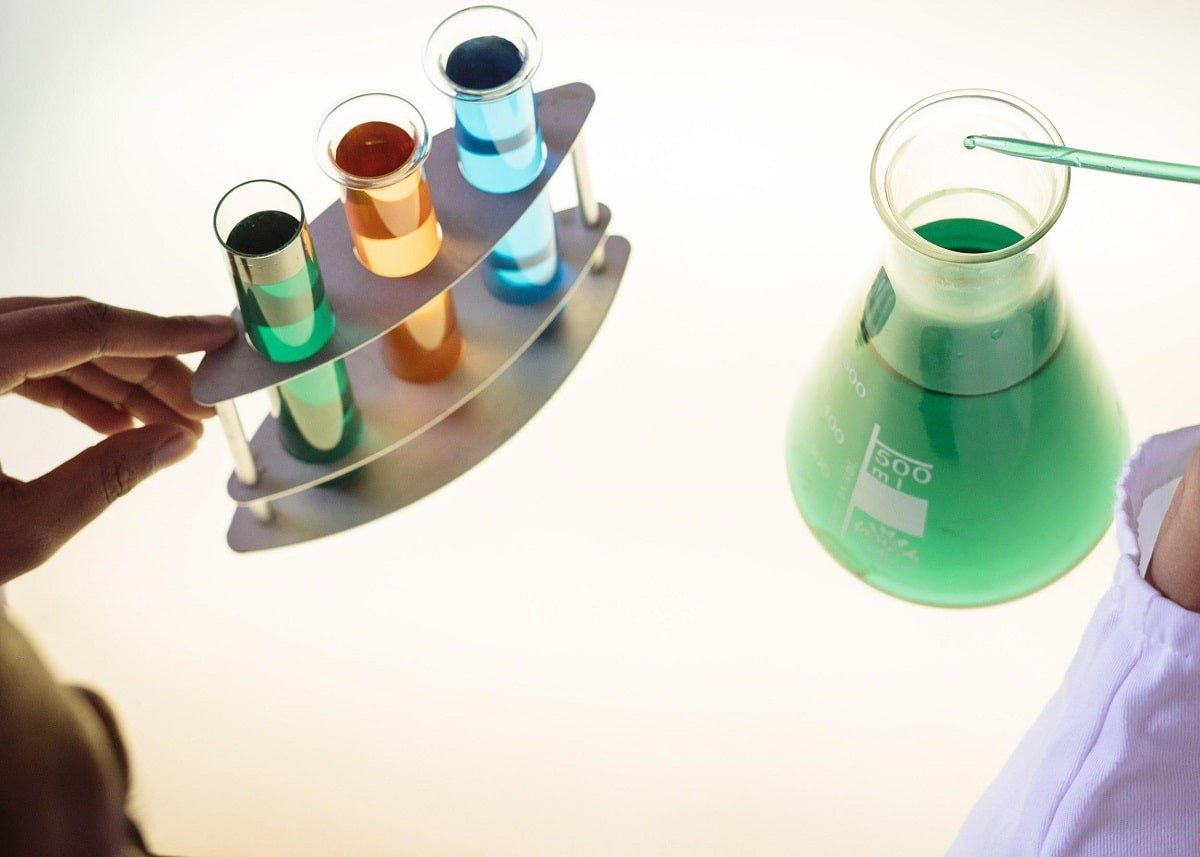Biotechnology is a burgeoning business. It was worth around $369.62 billion in 2016, and from trends, this figure is just going to get bigger in the coming years. According to Husson University, it will be worth nearly twice as much by 2025.
So, is there a Difference Between Biotech and Biopharma?
Although you would think that biotech and biopharma are synonymous because much of biotechnology research is conducted in the medical profession. However, there are significant differences between the two that you should be aware of.
So, with that in mind, let’s compare and contrast biotech and biopharma. To begin, let’s look at their definitions.
What is Biotechnology?
Biotechnology is defined as technology with biological origins. Biotechnology is the use of biomolecular and cellular processes to aid the development of products that benefit human health and the environment.
Medical biotechnology, in particular, can be characterized as a branch of medicine that uses living cells and cell materials to research and subsequently develop pharmaceutical medications.
What is Biopharmaceutical?
Biopharmaceutical companies are businesses that do research, produce, test, manufacture, and/or sell medicinal medications and devices. They’re also a commercial entity with the authority to study, develop, market, and/or distribute pharmaceuticals, usually in the healthcare field.
The Main Differences Between Biotech and Biopharmaceuticals
Primary Focus
Biotech focuses on harnessing biology to develop new products and pharmaceutical treatments, as well as employing organisms and biological processes to transform how we live.
Biotechnology has aided in the development of many excellent things in a range of industries, such as generating pest-resistant crops. In the biological process development facility, they also develop biofuels like ethanol, and even developing medical discoveries like gene cloning, all thanks to the use of DNA.
Biopharma, on the other hand, concentrates on the utilization of chemical processes to create medicine. Rather than depending on biological processes, like in biotechnology, a biopharmacist could create her own original compounds and then study how they affect living organisms.
Research
Biotech technology makes extensive use of research on a variety of problems that can benefit our environment and health, such as solving world hunger and reducing greenhouse gas emissions.
There are several other different disciplines of biotechnology, all of which strive to tackle various challenges we experience in our lives in order to improve our overall well-being.
When it comes to Biopharmaceutical research, things are a little different. Biopharma takes promising biotech research and applications and transforms them into medical goods. Biopharma then continues what biotech has started and developed.
What are the Similarities?
There’s no denying that biotech and biopharma are inextricably linked.
Biotechs items that are created as a result of biological processes, whereas biopharma refers to the medicines that are created as a result of those biological processes. Simply said, biotechnology research and production are the source of all biopharmaceutical products!
Both biotech and biopharma are rising in popularity in terms of their scale. Academic labs are the birthplaces of biotechnology. It’s a smaller business model than medicines, which is a larger and more traditional company model.
However, biotech is rapidly ascending to new heights, capable of competing with big pharma in a variety of ways. According to Stat News, study indicated that the 17 biotech companies operating in the United States generated over $500 million in sales in 2016.
Biopharma is gaining popularity and attention in the same way. According to Biopharmadrive, the Federal Drug Administration (FDA) expects to approve 10 to 20 cell or gene therapy products on a regular basis by 2025.
This demonstrates our need for novel medicines that will soon become a part of our everyday life.











